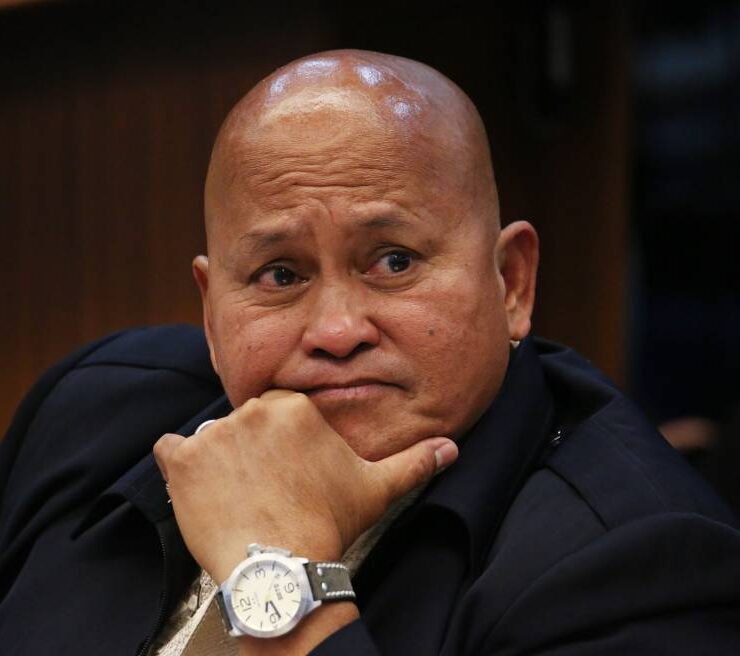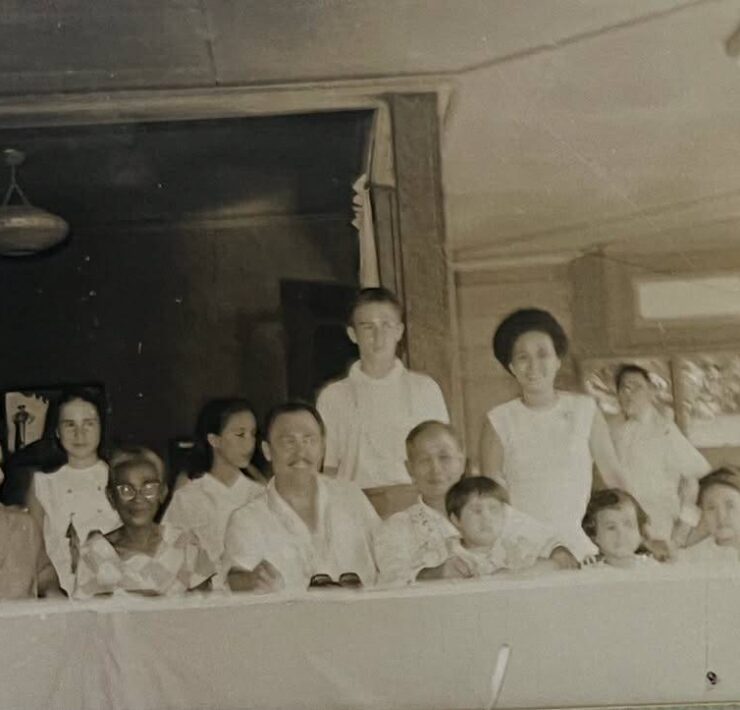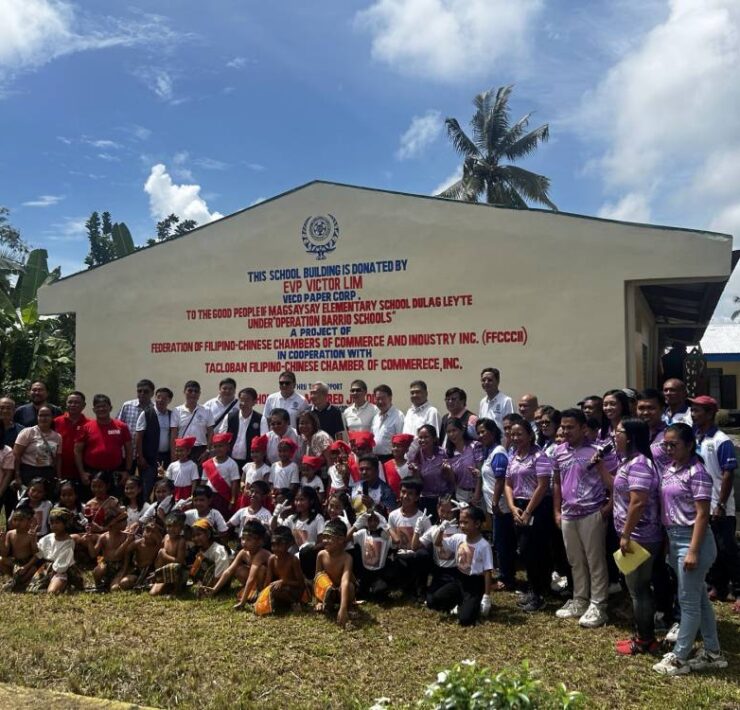The longest joke in PH politics

Few things in Philippine politics have aged more poorly than Article 2, Section 26 of the 1987 Constitution, which decrees that the state “shall guarantee equal access to opportunities for public service and prohibit political dynasties as may be defined by law.”
In retrospect, such optimism by the framers of the nation’s fundamental law now sounds blind and misplaced, for after four decades, Congress has yet to pass any piece of legislation abolishing the system that has concentrated power in this country to a handful of families.
How ironic, then, to hear the head of one of the fattest political dynasties pledging to slay those same dynasties, as though it were as simple as giving them the pen to sign their own death warrant. Addressing his peers on Nov. 11, House Speaker Faustino Dy III called on lawmakers to enact an antidynasty law as envisioned under the 38-year-old Charter.
That promise would sound inspiring if it weren’t coming from an Isabela district representative who has 16 known relatives in government, including a mayor-son and two congressmen-nephews. “I know that many will raise their eyebrows at this discussion,” Dy said, adding: “And I will admit that I know many eyes are on me.”
Not the real dragons
The next day, Akbayan Representatives Chel Diokno, Perci Cendaña, and Dadah Kiram Ismula, together with Dinagat Islands Rep. Arlene “Kaka” Bag-ao, filed House Bill No. 5905, a measure prohibiting any person related within the fourth degree of consanguinity or affinity to an incumbent elective official from running or holding office, unless the incumbent is ending their term within the same election year.
Bag-ao, known for defeating an entrenched political clan in her province, said the bill sought to give capable community leaders a fair chance to serve. “Ordinary Filipinos shouldn’t have to fight political dynasties just to serve their communities,” she said. “They’re not the real dragons that need slaying.”
But over the years, every attempt to define and outlaw political dynasties has stalled in the legislative mill, abandoned on the same self-serving argument that a ban will prevent decent public servants from running for office by mere accident of birth or marriage.
Except, none of it is by accident. All this is by design, the outcome of which has allowed political families to build empires across the officialdom. According to the Ateneo School of Government, dynasties grew from 19 percent of all elected positions in 1988 to 29 percent in 2017, adding about 170 posts every election cycle. By 2019, families holding multiple simultaneous offices had increased further, entrenching political control across the country.
Poorest provinces
This concentration of power carries real economic costs: A 2015 study by the Philippine Institute for Development Studies found that dynasties are most prevalent in the poorest provinces, where they correlate strongly with weak governance, corruption and limited upward mobility. In other words, political dynasties do not merely perpetuate inequality but actively profit from it.
Thus, it is only natural for anyone to be skeptical of Dy’s promise. The Speaker frames his push as an effort to strengthen democracy, while generations of politicians who believe they’re entitled to public office by virtue of their last names are chipping away at that very democracy.
By some estimates, dynasties are in control of up to 80 percent of House districts, making change from within nearly impossible. How can one expect genuine self-reform from the people who have nothing to gain and everything to lose by enacting it?
Monopoly on public office
Still, Dy now has a chance to prove that his call is not just rhetoric. The Akbayan bill offers a substantive framework that can allow Congress to fulfill a long-ignored constitutional duty. The Charter has long affirmed the importance of equal access to opportunity, recognizing that in government service, blood is not thicker than public trust.
To that end, the Speaker must shepherd the measure through committee and plenary deliberations and bring it to a decisive vote. But his work does not stop there. He must likewise convince the Senate and the executive department that the time is ripe for an antidynasty law amid rising dissatisfaction toward the government and an unfolding corruption scandal.
Whether Dy will succeed remains to be seen, for political will tends to evaporate when power and perpetuity are at stake. And perhaps no other institution is as conflicted on the matter as the House, whose members might consider passing an antidynasty law to be tantamount to signing away their monopoly on public office and leaving the comforts of political succession.
Ultimately, these lawmakers must learn to act for the nation’s benefit—and against their own interest—for once in their privileged lives; else the constitutional ban on dynasties will remain the longest joke in Philippine politics.





















